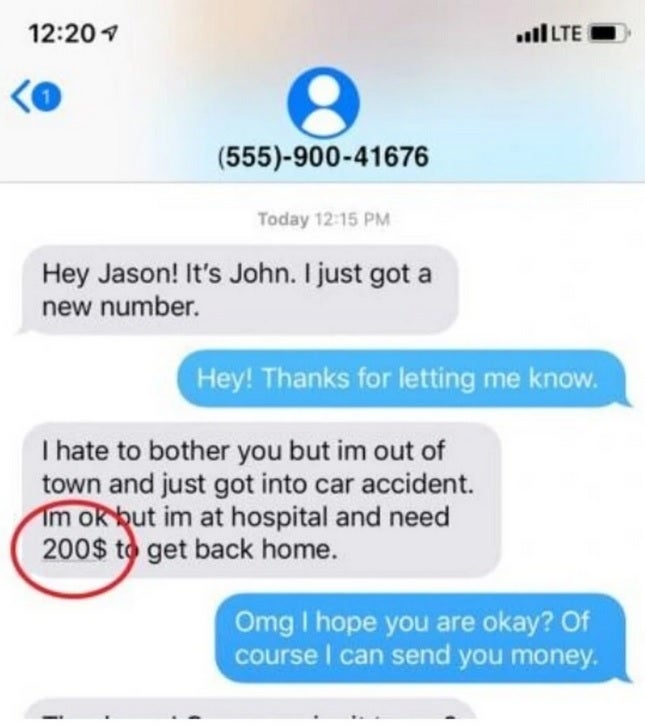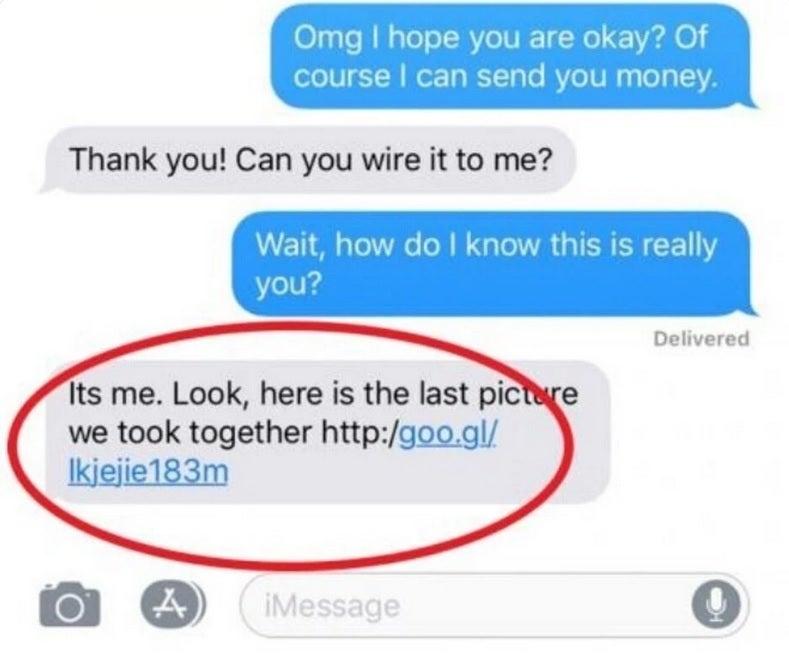Verizon issues warning about “smishing,” texts that are sent to your phone to rip you off
You know what phishing is, right? That’s when you receive an email that looks real even down to the logo and the font. But the email has actually been sent by scammers looking to get your credit card information or banking password or PIN. This is done by sending you what appears to be an official email that attempts to get you to hand over personal information. For example, the email might say something like, “Your wireless service will be cut off. Tap this link now.”
Verizon warns its customers about smishing
Now the nation’s largest wireless provider wants to warn its subscribers about smishing which is when you receive bogus messages from scammers via SMS text. Verizon (via U.S.Sun), warning its customers about smishing said, “Smishing is used to gather different types of personal information, including addresses, credit card information, and more.” Similar to a phishing attack, the goal is to get you to tap on a link that will take you to another page where your credit card info and social security number are requested.

Watch out for spelling and grammatical errors
Verizon noted that besides getting you worried about losing wireless service or having your bank account closed down, the scammers might say that you have a package coming or pretend to be a big retailer offering you a free prize. For example, how many of you might fill out a form with your social security number or credit card info if you were told that a free iPhone 14 Pro Max or a free Galaxy S23 Ultra was coming your way?
Watch out for these red flags
Verizon says to be on the lookout for the following red flags. First, be careful if a text you receive “has no connection to you or any activity you’ve undertaken.” It might say that you’ve won a contest that you know you didn’t enter, or reference a package that you don’t know anything about. If the text tries to sound urgent and demands that you take immediate action, that is a clue that something is amiss. These messages often pretend to be from banks, or a government agency.

Do not tap on any links sent to you from a text
Another red flag is one we’ve mentioned before. If the message contains grammatical errors or spelling mistakes, run away from the message as fast as you can. Of course, this could backfire. One time yours truly received an email from Verizon with several grammatical and spelling errors. I was about to delete it until I decided to call Verizon and discovered that the email was legit. Ironically, Verizon says, “Real text messages from legitimate businesses will use proper grammar, punctuation, and spelling.”
Also, you should be careful of text messages coming from a strange-looking phone number or an email address that looks suspicious. Verizon says, “If a text message is coming from a lengthy and/or suspicious-looking email address it is a spam text message.” And the most important red flag to watch for is a suspicious link. “This is a huge warning sign. If the text message contains a suspicious-looking link, it is a text scam. Do not click on the link or follow prompts from these fake text messages,” said the wireless provider.
For all the latest Technology News Click Here
For the latest news and updates, follow us on Google News.

